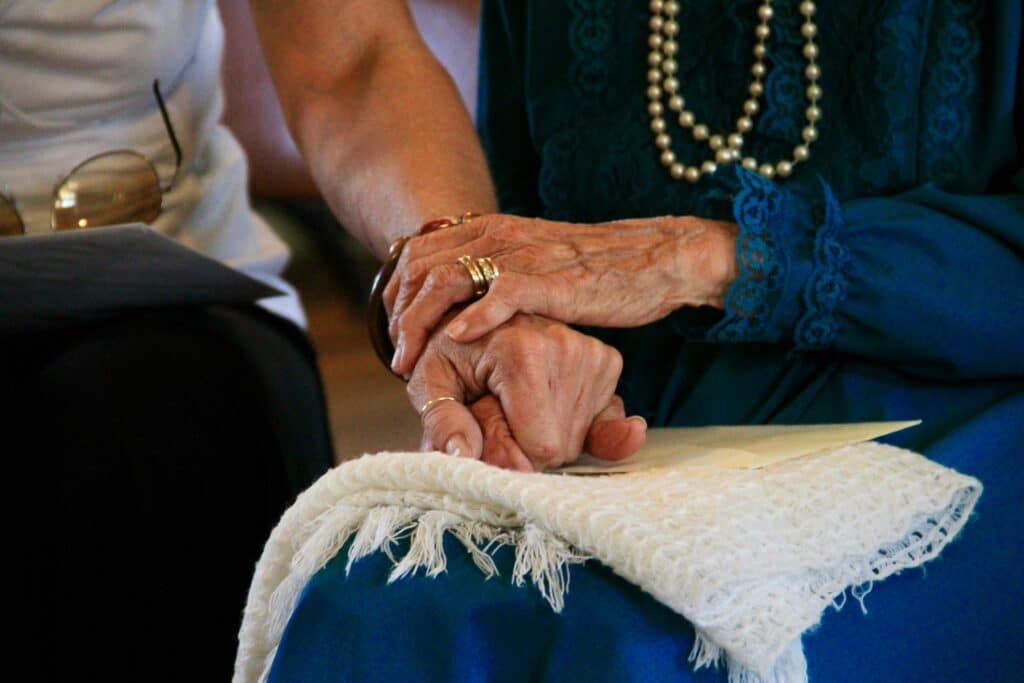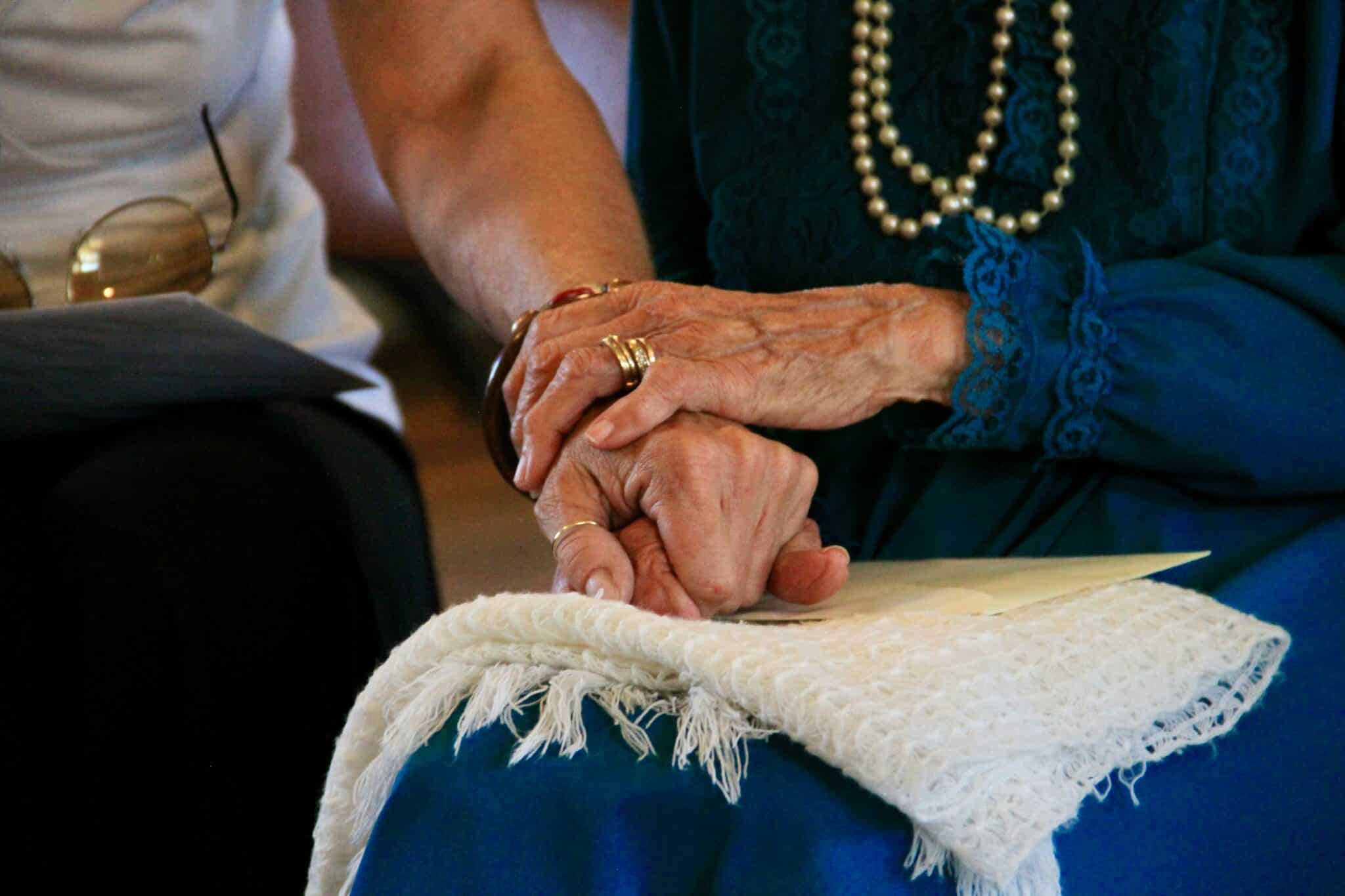
By Robert C. Gerhard, III, Certified Elder Law Attorney
As we age, planning for the future becomes increasingly important. One critical aspect of this planning is preparing power of attorney documents (POAs) before you or a loved one may need memory care. Once you need memory care and have substantial cognitive impairment, it may be too late to legally sign a power of attorney. Memory care is a specialized form of long-term care designed to meet the unique needs of individuals with Alzheimer’s disease, dementia, and other types of memory impairments. Establishing a POA early can ensure that your wishes are respected and that your affairs are managed effectively by the trusted person of your choice if you become unable to make decisions for yourself. In this article, we’ll explore what a POA is, and the reasons why preparing a POA before needing memory care is essential.
Power of Attorney Basics
A power of attorney is a legal document that grants someone you trust the authority to make decisions on your behalf. There are several different types of POA, including:
- General Durable Power of Attorney: Grants broad powers to the appointed agent. In Pennsylvania a power of attorney is presumed to be “durable” meaning it remains in effect even after you become incapacitated.
- Medical Power of Attorney: Allows the agent to make healthcare decisions. Sometimes this form is combined with an “advance medical directive” to address end-of-life decision making. An advance medical directive is also known as a “living will.”
- Limited Power of Attorney: Grants specific powers for a limited time or purpose. You can restrict the authority you grant and prohibit the exercise of certain powers. For example, you may prepare a power of attorney that is limited to a particular real estate transaction, or which prohibits the agent from making gifts of your assets or changing beneficiary designations.
The Importance of Early Preparation
- Ensuring Your Wishes Are Respected
By preparing a POA before memory care is needed, you can ensure that your wishes regarding medical treatment, financial management, and other personal matters are respected. Without a POA, decisions may be made by individuals, such as a court appointed guardian, who may or may not be a family member, and who may not fully understand your preferences.
- Avoiding Legal Complications
If you become incapacitated without a POA, it’s too late for you to sign one, and your family may need to go through a lengthy and costly legal process to obtain guardianship. This can lead to delays in decision-making and added stress for your loved ones. A POA can avoid guardianship in most cases, and if drafted properly, will provide clear authority to your chosen agent.
- Protecting Your Finances
Memory care can be expensive, and managing finances can become challenging as cognitive abilities decline. A POA allows your agent to handle financial matters, such as paying bills, managing investments, and ensuring that funds are available for your care. This helps protect your assets and ensures that your financial needs are met. You can require your agent to provide accountings to a person of your choice, or to the court if desired, so there is a check on their power and some monitoring of their activities.
- Making Healthcare Decisions
A medical POA is helpful for making healthcare decisions if you are unable to do so. Pennsylvania has a law that permits certain family members to make many decisions if you do not have a medical POA, but having a written medical POA permits you to select the decisionmakers and express your preferences regarding healthcare matters. Your agent can make decisions about treatments, medications, and care plans based on your best interests. This ensures that you receive appropriate care and that your healthcare wishes are honored.
- Reducing Family Stress
Having a POA in place can reduce stress and conflict among family members. It provides a clear directive about who is responsible for making decisions, which can prevent disagreements and ensure that everyone is working towards the same goals. The person who is POA should communicate with other family members, where appropriate, so they are assured that the agent in the POA is handling matters properly.
Steps to Prepare a Power of Attorney
- Choose the Right Agent
Select someone you trust implicitly, who understands your values and will act in your best interests. This person should be reliable, capable, and willing to take on the responsibility. Check with the person before you name them, to be sure they will accept the role of POA.
- Consult an Attorney
Work with an estate planning attorney to draft the POA document. An attorney can ensure that the document meets legal requirements and accurately reflects your wishes. These documents should be customized for your situation. For example, if the POA does not have certain powers, Medicaid planning may not be possible, and this could potentially require more private payment for long-term care costs than would otherwise be the case, potentially resulting in the expenditure of thousands of extra dollars for services that could have been covered by Medicaid. Also, a lawyer can help limit authority where appropriate.
- Discuss Your Wishes
Have a detailed conversation with your chosen agent about your preferences for medical care, financial management, end-of-life decision-making, and other important matters. Make sure they understand your values and priorities. For example, you may wish to communicate your wish to remain in your home as long as possible or may express your willingness to move to a continuing care environment.
- Review and Update Regularly
Review your POA documents periodically and update it as needed. Changes in your health, finances, or relationships may necessitate adjustments to the documents. At a minimum you should review them every 5 years. There may not need to be any changes, but you should look. After 10 years, in our experience, there are usually changes in the finances, family, or in the law that suggest that an update is due. That said, in Pennsylvania, a power of attorney document does not become invalid just because time has passed, unless the document itself states that it becomes invalid at a certain time.
Conclusion
Preparing power of attorney documents for financial and healthcare matters before you need memory care is a proactive step that can provide peace of mind and ensure that your wishes are respected. It can avoid the cost of guardianship, facilitate healthcare decisions, and reduces stress for your family. By taking the time to establish a POA, your chosen agent will have the legal authority to help you. If you have memory issues to the point where you are not able to understand what you are signing, it is too late to sign a POA document. Please contact our office to get your documents in order before the need arises.
Disclaimer: This article has been posted for general information purposes only. You should not act upon the information in this article without first retaining legal counsel.




